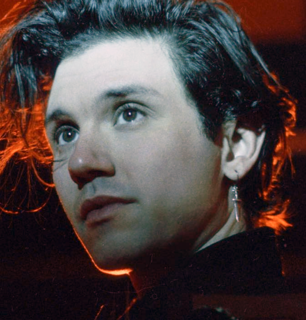A Quote by Leo Tolstoy
Why should I live? Why should I do anything? Is there in life any purpose which the inevitable death that awaits me does not undo and destroy?
Related Quotes
What does purpose mean? It means the deepest desire for our short lives to mean something. . . . To speak a language of purpose is to return to first principles and to be able to answer, in plain English, the plain questions of Why? Why should we chip in to help someone else? Why should we defer gratification? Why should we care about the long term? Why should we trust anyone who seems to be limiting our ability to do what we want?
Today I saw cancer, cigarettes, and shortness of breath. This is why I walk to the ocean. Swim with sharks and jellyfish. I may never get this chance again. This is why if you want to kiss, you should kiss. If you want to cry, you should cry. And if you want to live, you should live. You don't have to love me. You already did.
We should treat each other better. Why in the hell would you still have racism? This ancient, moronic hatred? Why does our foreign policy have to always involve so much death and so much death of innocent people as a matter of course, to the point to where no one bothers to say anything. I guess a lot of people don't want to move forward. It's frustrating at times.
I do not see why the axiom of Prudence should not be questioned, when it conflicts with present inclination, on a ground similar to that on which Egoists refuse to admit the axiom of Rational Benevolence. If the Utilitarian has to answer the question, 'Why should I sacrifice my own happiness for the greater happiness of another?' it must surely be admissible to ask the Egoist 'Why should I sacrifice a present pleasure for a greater one in the future? Why should I concern myself about my own future feelings any more than about the feelings of other persons?'





































